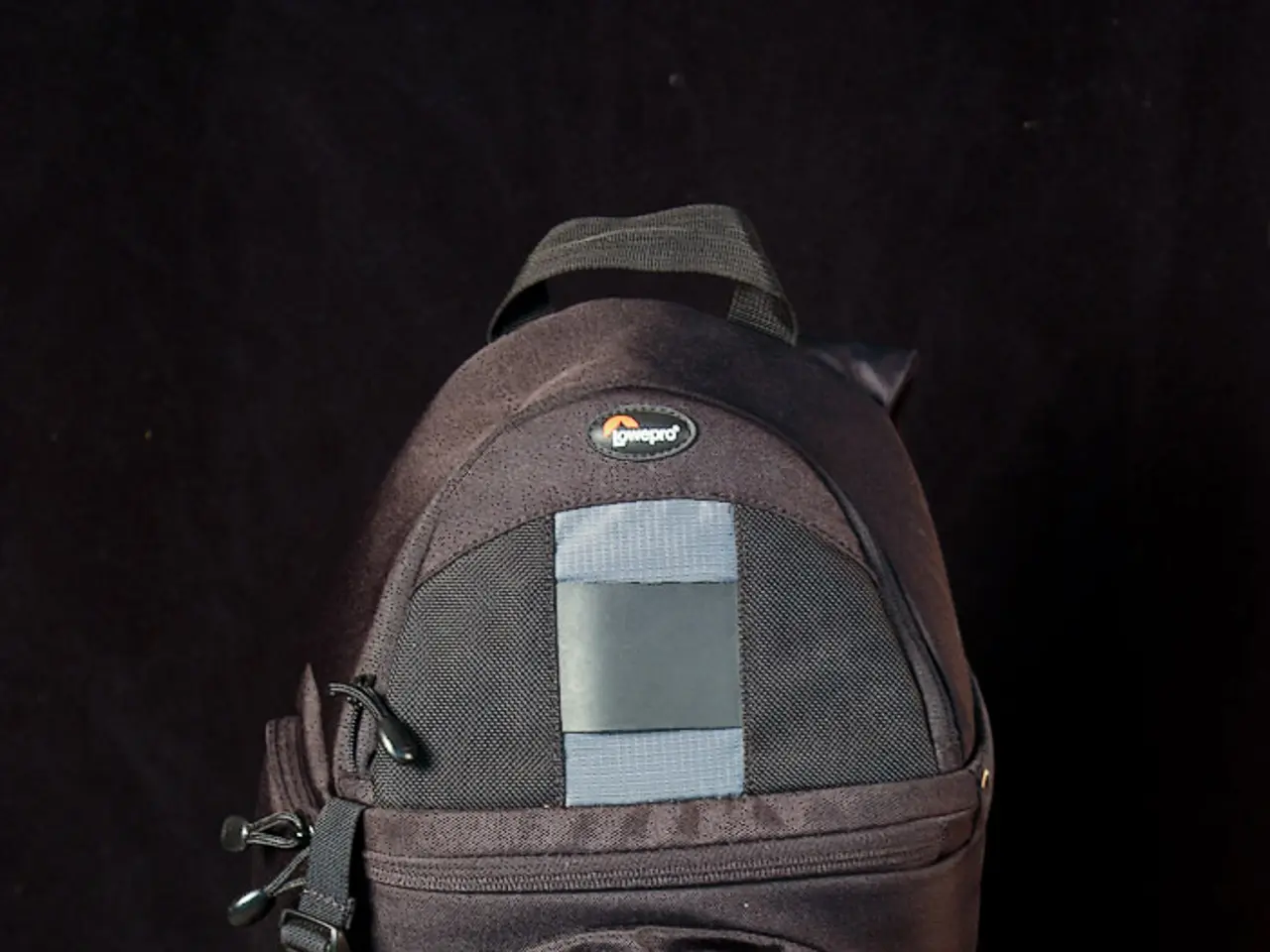Stool Examination with Ova and Parasites: A Look at the Process and Results
An ova and parasites (O&P) test is a crucial diagnostic tool used by healthcare professionals to detect the presence of parasites and their eggs in a person's stool. This non-invasive test plays a significant role in diagnosing and treating intestinal parasitic infections.
Symptoms and Prevention
Symptoms of parasitic infections can include flatulence, diarrhea, loose or watery stools, and cramping. To prevent parasitic infections, it's important to avoid swimming in potentially contaminated bodies of water, wash hands thoroughly after working with livestock or animals or after gardening, drink only bottled water, and avoid unwashed fruits and vegetables in potentially contaminated areas.
When to Get Tested
The Infectious Diseases Society of America recommends that people only undergo O&P testing if they present with risk factors for parasitic infection, have had diarrhea for more than 7 days, and testing can take place within 3 days of hospitalization. The American Family Physician shares similar recommendations, noting that healthcare professionals should not order the test when a person has had less than 7 days of diarrhea and does not have risk factors such as immunodeficiency or living in or traveling to an area with parasites.
Sample Collection and Test Process
To collect a stool sample, a person should wear latex gloves, use a collection container (like a bedpan or large open container), avoid urinating on the specimen or dropping it into the toilet, follow the instructions on a provided kit to collect a portion of the stool, and send the container or containers to the lab.
Different labs may have different processes for providing results, but most will provide them directly to the person or the healthcare professional within a few days. The healthcare professional will send the specimen to a lab for testing.
Common Parasites Detected
Common parasites detected in an O&P stool exam include pinworms, hookworms, Giardia lamblia, Entamoeba histolytica, Ascaris lumbricoides (roundworm), and occasionally Trichuris (whipworms) and others.
Treatment Options
Treatment options for these parasites vary depending on which parasite is present. For example, pinworms are usually treated with mebendazole, albendazole, or pyrantel pamoate, while hookworms are typically treated with albendazole or mebendazole. Giardia lamblia is treated with metronidazole or tinidazole, Entamoeba histolytica with metronidazole, Ascaris lumbricoides with albendazole or mebendazole, and Trichuris trichiura with albendazole or mebendazole.
For Entamoeba invadens (a parasite in reptiles), metronidazole is the recommended treatment. Metronidazole is also used broadly for flagellates like Giardia. Albendazole and mebendazole belong to the benzimidazole class of antiparasitic drugs, effective against many helminths including roundworms and whipworms.
Important Considerations
Results can take a few days to come back, and a healthcare professional may ask a person to avoid taking certain medications for 7-10 days before the collection of stool. Urine and other foreign bodies can affect the test and prevent the lab from providing results.
Severe diarrhea is a prevalent health issue in the U.S., and many cases are due to five viral or bacterial pathogens. However, parasitic infection accounts for only 5% of cases of severe diarrhea in hospitalized people.
It's important to note that medications to avoid may include barium and bismuth products. If the test shows the presence of parasites or their eggs, the healthcare professional will make treatment recommendations based on the results. The lab sends back the results, and the healthcare professional reviews them with the person within a few days.
- Other digestive procedures non-surgical, such as endoscopies and colonoscopies, may also be essential in diagnosing and managing gastrointestinal medical-conditions, besides the O&P test.
- The science of gastrointestinal health and wellness comprises understanding diseases, developing treatment options for parasitic infections, and preventing health-related issues, such as contaminated food or water-borne tropical diseases.
- In addition to intestinal parasitic infections, various other digestive diseases like irritable bowel syndrome, inflammatory bowel disease, and celiac disease can cause similar symptoms such as cramping, flatulence, and diarrhea.
- Regular cleanliness, proper sanitation, and medical-screenings are crucial when people live, work, or travel in tropical regions, to ensure their overall health and wellness and decrease their risk of contracting digestive diseases and other health-related issues.




